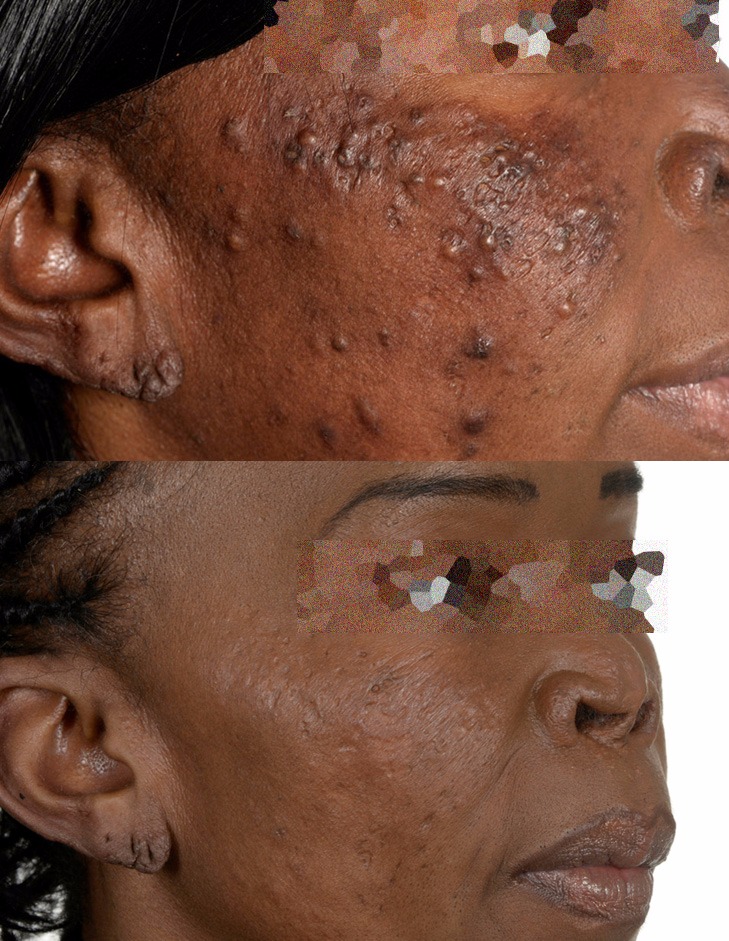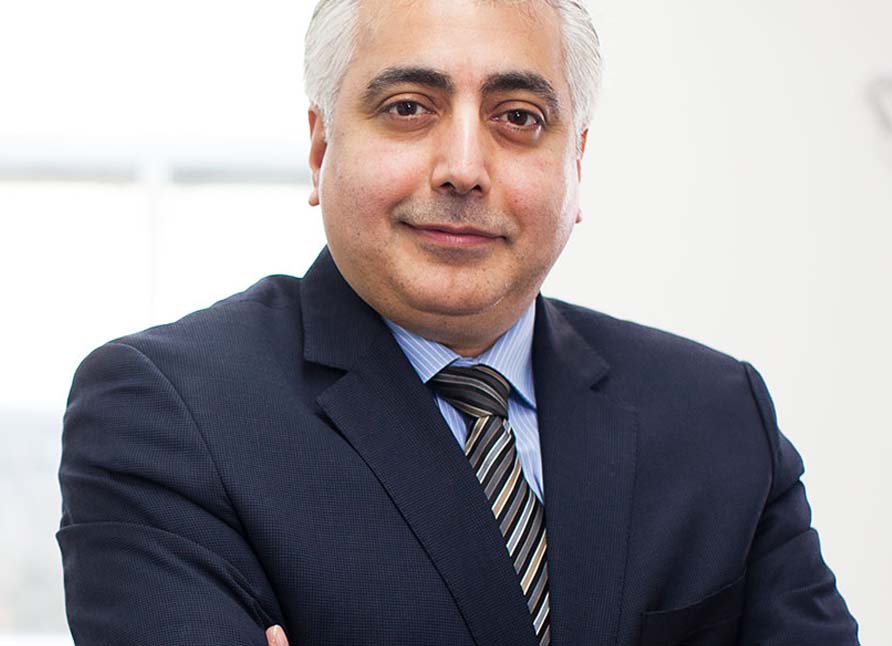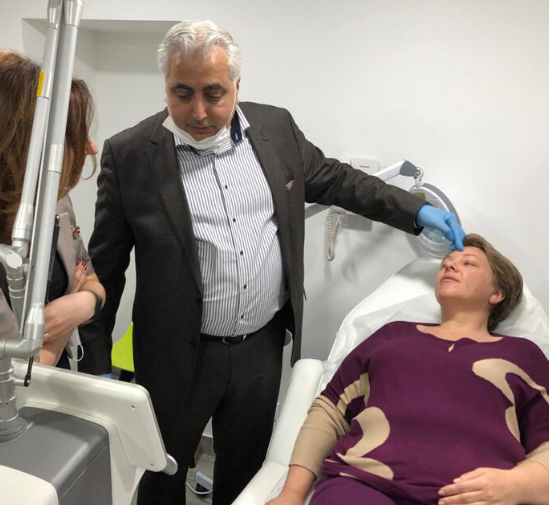 5th June 2020
5th June 2020
What Causes Acne and How Should This Be Treated?
It’s no secret that acne is a common skin condition that most people come into contact with at some point in their lives. In fact, research suggests that at least 95% of us will encounter this in some form anywhere between our adolescence and our early thirties. Some people are even unlucky enough to carry this condition deep into adulthood, which really highlights just how hard acne can be to shake.
As a skin concern characterised by a variety of spots, bumps and lesions, the development of acne at any age can prove extremely detrimental to the confidence and wellbeing of all of those affected. This Acne Awareness Month, it’s more important than ever to understand what causes acne and how this can be managed and treated both at home and by medical professionals alike.
What causes acne?
Contrary to popular belief, acne does not simply just emerge due to a bad diet or poor hygiene practices. Instead, it’s significant hormonal changes, many of which occur during our teenage years, that can cause acne to make its presence known on our skin. As hormone levels rise, our sebaceous glands, which produce sebum (a natural oil) as a means of protecting our skin, can begin to produce this substance in excess. This then encourages a form of skin bacteria, known medically as Propionibacterium acnes, to alter its behaviour which can lead to skin inflammation. The result of these changes in terms of how our glands and bacteria function is the blockage of pores and the emergence of one or more forms of acne. This can appear most prominently on the face, back and chest.
Biologically speaking, there is evidence to suggest that those with a family history of acne are more prone to being affected by the condition and it’s important to note that the hormone changes experienced during both pregnancy and menstruation can have just as much of a bearing on the development of acne as the hormone changes that run through our adolescence.
Types of acne
Acne is a condition with a wide spectrum and can therefore present itself in many different ways. Milder forms of acne, such as comedones (also known as whiteheads and blackheads) are caused by the blockage of hair follicles and can easily be identified by their black or white appearance. Comedones can also sometimes be the product of comedogenic makeup, which can describe any form of cosmetic product that contains an ingredient that can heighten the possibility of pores becoming blocked.
Further down the acne scale, papules and pustules are inflamed bumps whose presence on the skin can cause great irritation and soreness, with the latter of these often more prominent in appearance and filled with pus.
Severe forms of acne can be defined by both nodules and cysts, painful bumps and lesions that normally require prescription medication or the care of a dermatologist to manage.
Acne treatments
Those with milder forms of acne can often manage this by using a mild soap when washing, being careful not to use water that is too hot or cold during personal hygiene routines, resisting the urge to squeeze these spots and switching to non-comedogenic cosmetic products if necessary. Over-the-counter creams and medications are normally effective in managing comedones but do not work to the same extent, if at all, with more severe forms of acne.
Seeking advice from a dermatologist
When suffering from those forms of acne that are trickier to manage, it’s advised to seek the advice of a medical professional, such as a dermatologist. As one of the world’s most well respected and esteemed dermatologists, Dr Firas has been providing those in need with suitable and successful treatments for acne, and acne scarring, for many years. These treatments include, but aren’t solely limited to, topical creams, antibiotics, dermal fillers, punch excision and subcision. You can book an online consultation with him here.
Get in touch
With the world slowly returning to normal, Dr Firas is making preparations to re-open his clinic and provide patients everywhere with first-class solutions to acne, acne scarring and a host of other skin concerns in a safe and responsible way. Stay tuned for updates as to when he will be re-opening his doors and, in the meantime, make sure you book an online consultation for all of your skincare needs!
Back to blog





